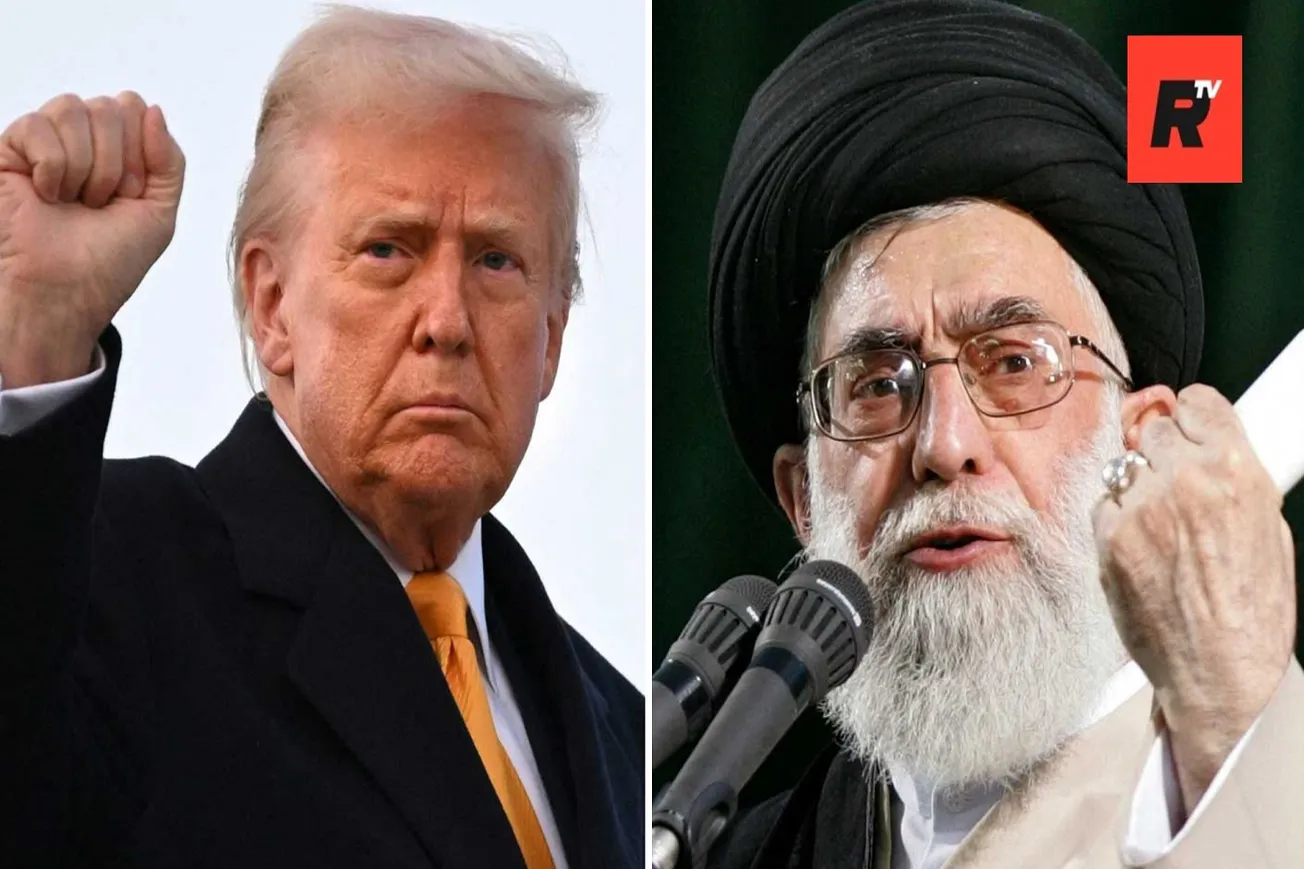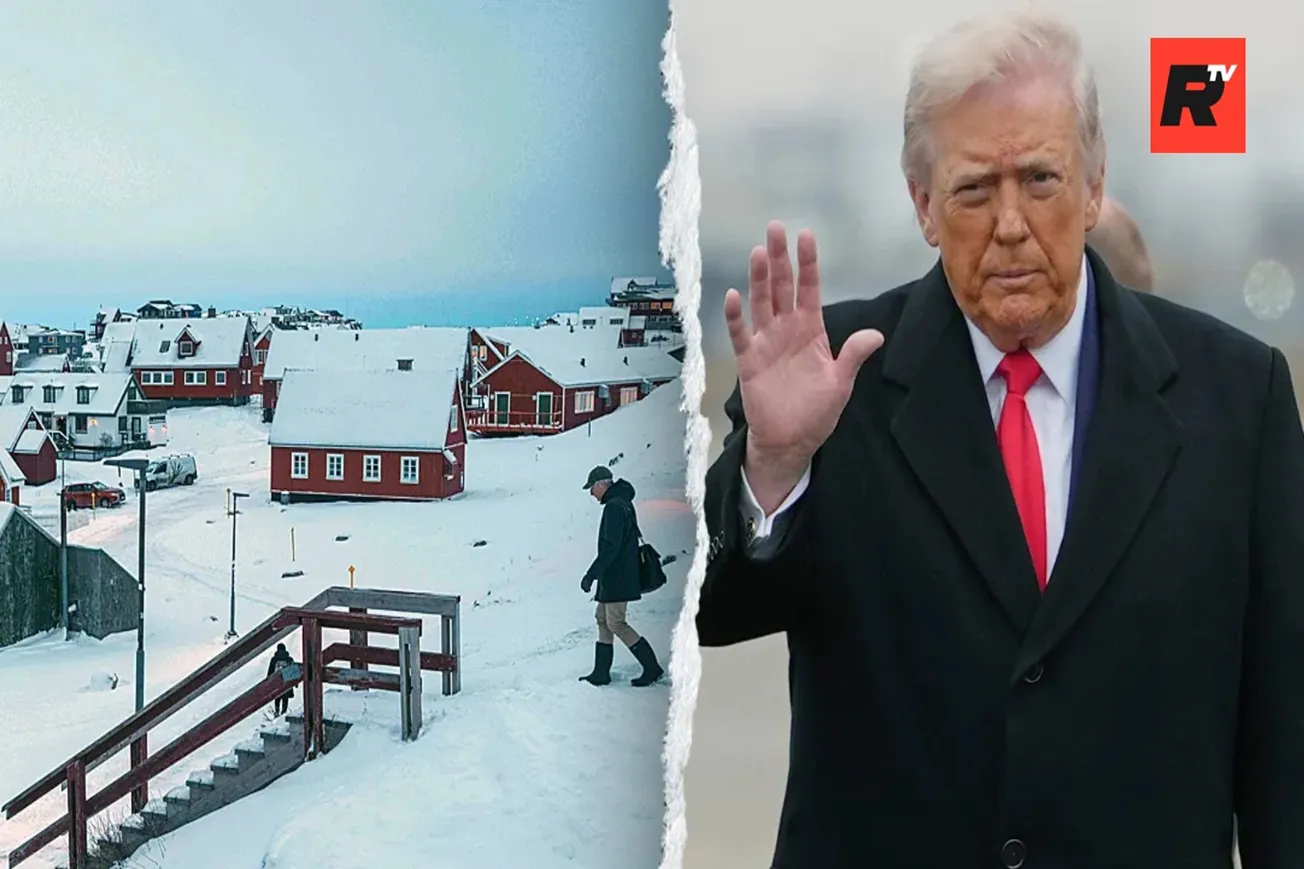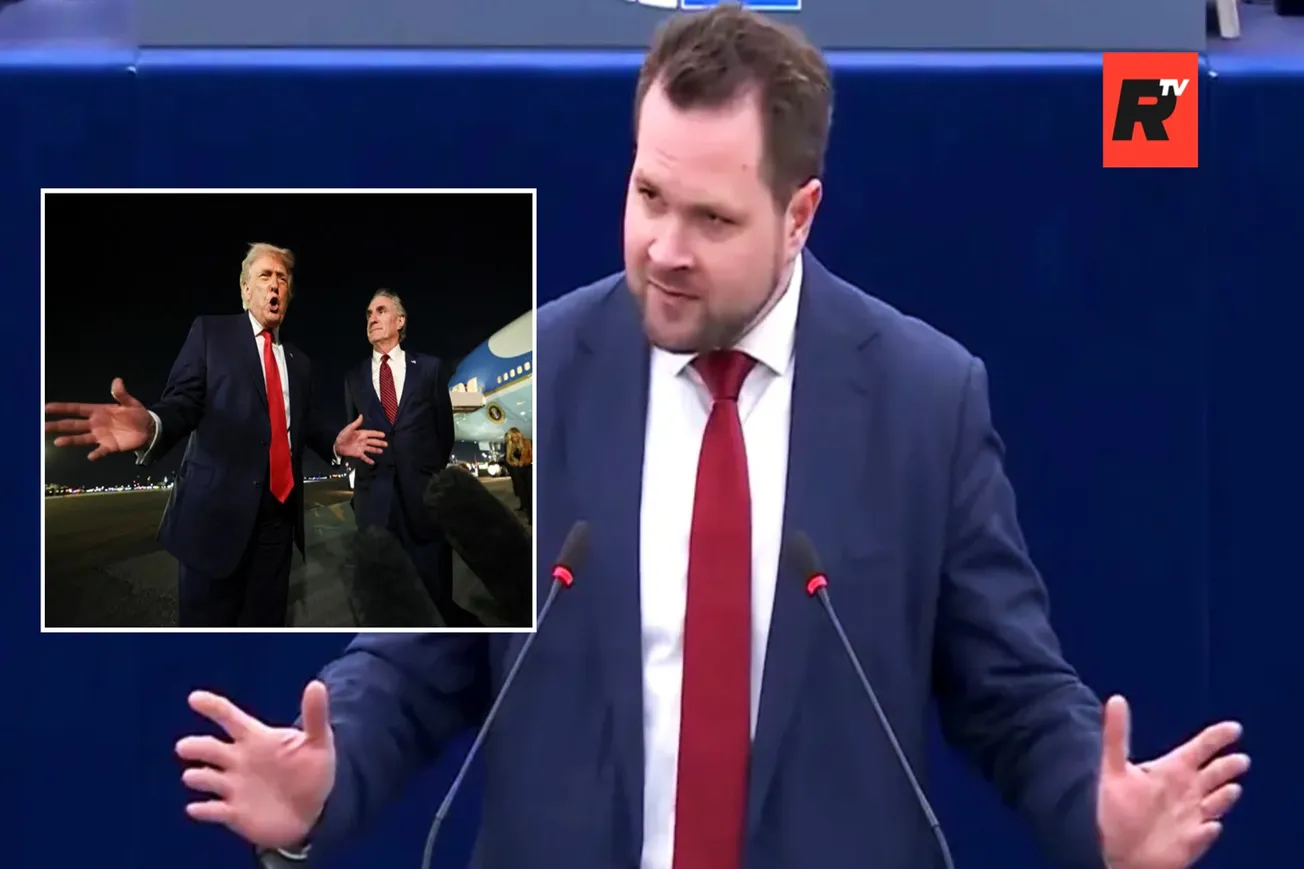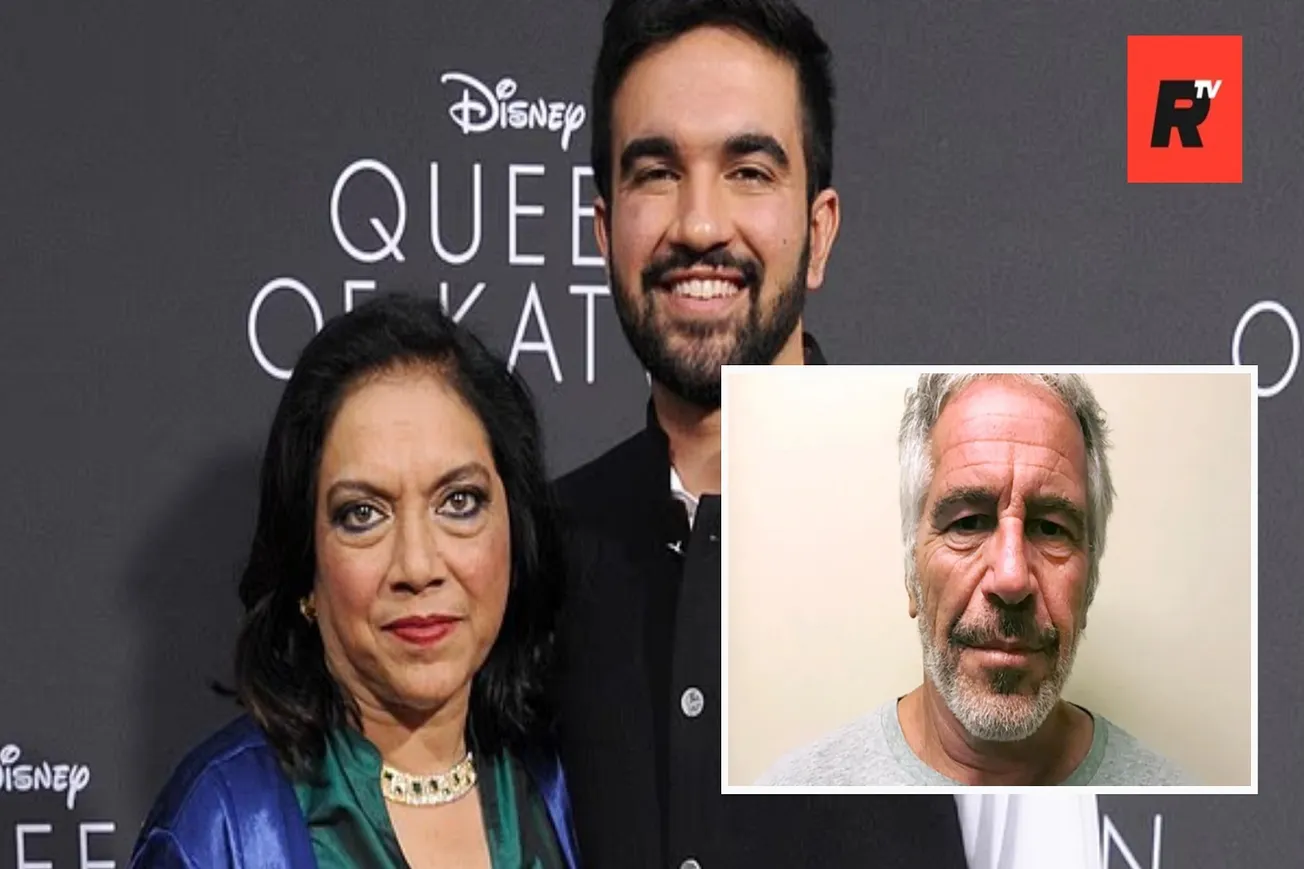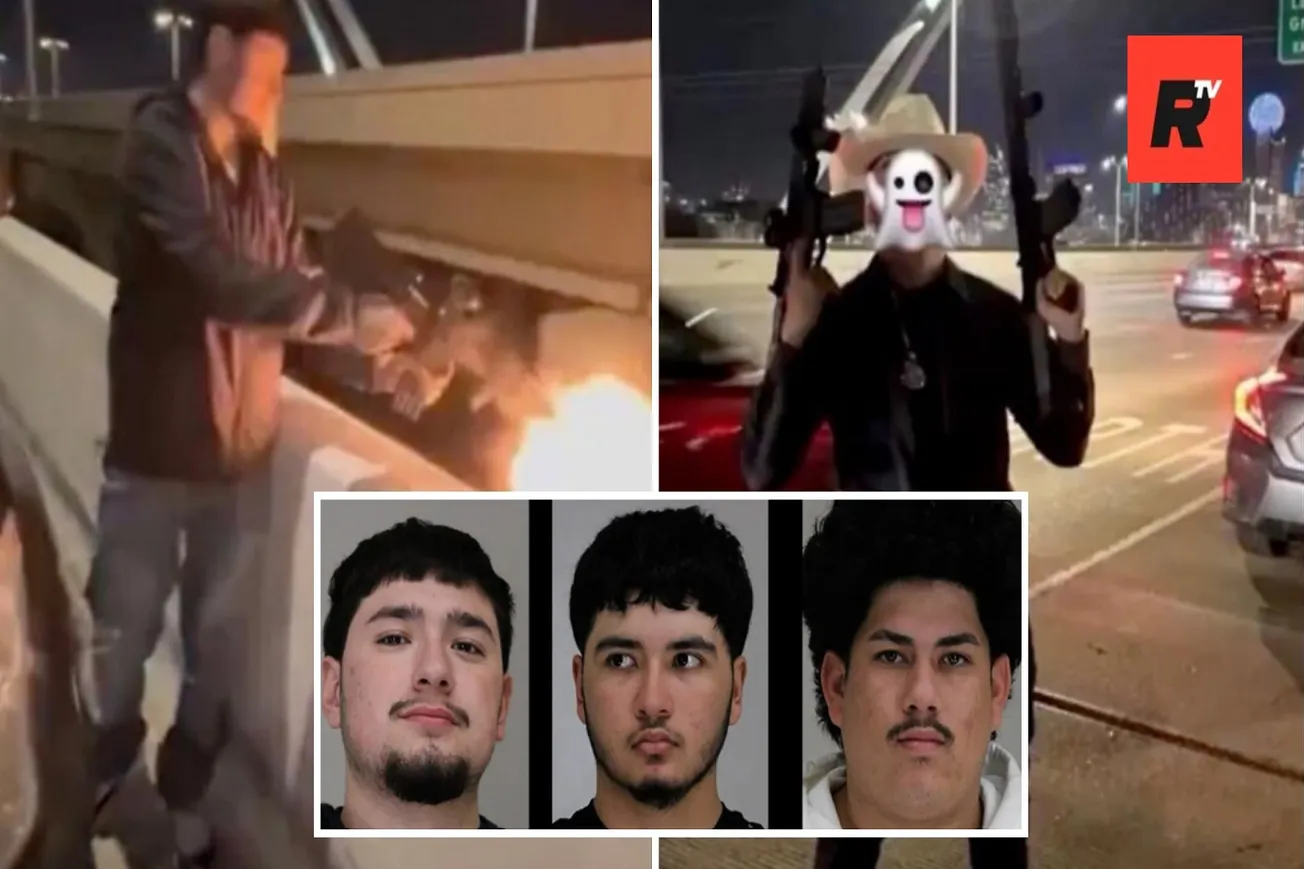Table of Contents
Iranian President Masoud Pezeshkian has accused Israel of attempting to assassinate him in an airstrike targeting a high-level meeting, a bombshell claim made during an exclusive interview with Tucker Carlson, released Monday on social media.
The allegations come amid escalating tensions in the Middle East following last month’s 12-day war, with Pezeshkian addressing Israeli aggression, Iran’s nuclear program, and the faint hope for diplomacy with the United States.
The Iranian leader framed his country as a nation under siege, yet resolute in its pursuit of peace.
He dismissed reliance on allies like Russia or China, emphasizing Iran’s self-sufficiency and aversion to conflict.
Tucker Carlson Asks Iran's President If War Breaks Out With Iran, Would It Receive Assistance From Russia and China pic.twitter.com/hEQo9xGR0m
— Snowflake_News (@Snowflake_News) July 7, 2025
"We trust in God and are capable enough to defend our country, our territorial integrity, to the last drop of our blood,” Pezeshkian declared, accusing Israeli Prime Minister Benjamin Netanyahu of orchestrating a "devilish" campaign to provoke war and mislead U.S. policymakers.
Tucker Carlson Asks Iran's President What Happened to the Relationship Between Iran and Israel pic.twitter.com/IDfOcRW2EZ
— Snowflake_News (@Snowflake_News) July 7, 2025
He urged the U.S. to avoid entanglement in what he called "Netanyahu’s war," warning that further conflict would destabilize the region and harm American interests.
Confirming the alleged assassination attempt, Pezeshkian recounted a failed Israeli strike on a meeting he attended, crediting divine intervention for his survival.
Tucker Carlson Asks Iran's President If the Israeli Government Tried to Assassinate Him pic.twitter.com/U6UkParxur
— Snowflake_News (@Snowflake_News) July 7, 2025
"They tried to bombard the area where we were holding that meeting, but it is God who wills when a person dies," he said, underscoring his readiness to die for Iran. "I am not afraid of sacrificing myself for my country’s sovereignty, freedom, and independence."
He questioned the utility of such violence, asking whether "more bloodshed, assassination, killing others" would bring stability to the region.
Pezeshkian detailed the strike, claiming Israeli intelligence targeted the meeting’s location, but the attack only strengthened Iranian resolve. He called on the U.S. to resist being "fooled by Netanyahu" and to refrain from backing Israel’s "forever wars."
On diplomacy, he expressed openness to talks with the U.S. based on international law, but blamed Netanyahu for sabotaging past efforts.
WATCH:
Tucker Carlson Asks Iran's President If His Country Is Open to Diplomacy pic.twitter.com/6JFkgEfo1T
— Snowflake_News (@Snowflake_News) July 7, 2025
"We could resolve our differences through dialogue," he said, lamenting that Israel’s actions have fueled unrest. "We have always been after peace. It has been my motto, my heartfelt belief."
The Iranian president voiced deep skepticism about the International Atomic Energy Agency (IAEA), alleging its reports enabled Israeli attacks on Iran’s nuclear facilities.
Tucker Carlson Asks Iran's President If He Is Willing to Give Up Its Nuclear Program in Exchange for Peace pic.twitter.com/gZKxoOt2FN
— Snowflake_News (@Snowflake_News) July 7, 2025
"The IAEA’s last report gave an excuse to the Israeli regime for unlawful attacks," he said, noting that the agency’s failure to condemn these strikes eroded trust among Iranians.
He firmly rejected accusations that Iran seeks nuclear weapons, citing a religious decree from Iran’s Supreme Leader prohibiting such pursuits.
"Since 1984, Netanyahu has created this false mentality that Iran seeks a nuclear bomb," Pezeshkian charged, insisting Iran’s nuclear program is peaceful and verified by IAEA inspections, despite disruptions from Israeli and U.S. attacks.
Addressing stalled U.S.-Iran talks, Pezeshkian warned Israel "torpedoed the negotiating table" with attacks, including the killing of off-duty Iranian commanders and civilians, which he labeled war crimes.
"How can we trust the United States again?" he asked, questioning how Iran could ensure safety during negotiations.
Despite these barriers, he reiterated his commitment to peace and national unity, denying Iran’s role in starting the conflict.
Tucker Carlson Asks Iranian President Pezeshkian How He Would Like to See This Conflict End pic.twitter.com/shDKiA1CyA
— Snowflake_News (@Snowflake_News) July 7, 2025
"We did not start this war, and we do not want it to continue," he said, emphasizing his administration’s focus on fostering tranquility with neighbors and the world.
Pezeshkian’s assassination claim—if verified—threatens to inflame an already volatile region.
His calls for diplomacy, tempered by distrust of Israel and the U.S., highlight the steep challenges to de-escalation.
As the international community weighs his words, the coming days will test whether peace can prevail or if the specter of war will dominate the region’s future.
WATCH:
Masoud Pezeshkian, president of Iran.
— Tucker Carlson (@TuckerCarlson) July 7, 2025
(0:00) How Would Iranian President Pezeshkian Like to See This Conflict End?
(0:44) Is Iran Willing to Give Up Their Nuclear Program in Exchange for Peace?
(5:19) Was the International Atomic Energy Agency Spying on Iran and Giving… pic.twitter.com/lMPoFa5ChX


